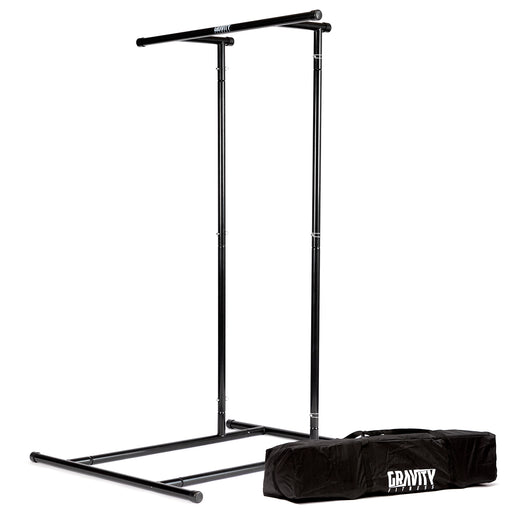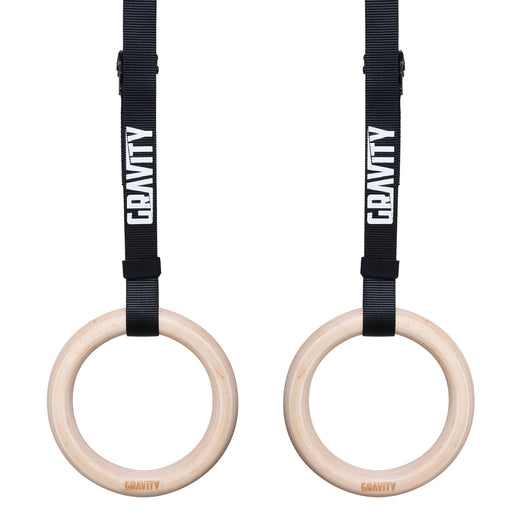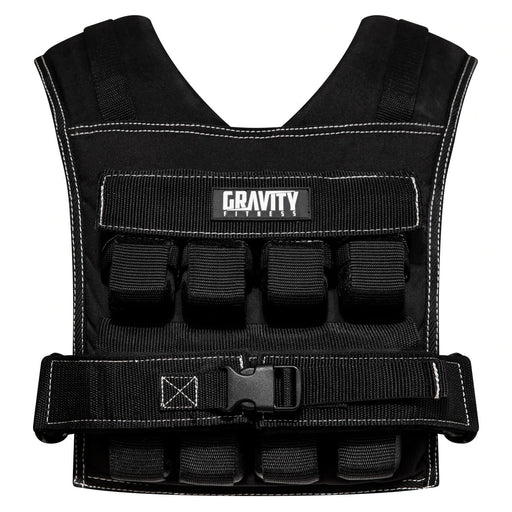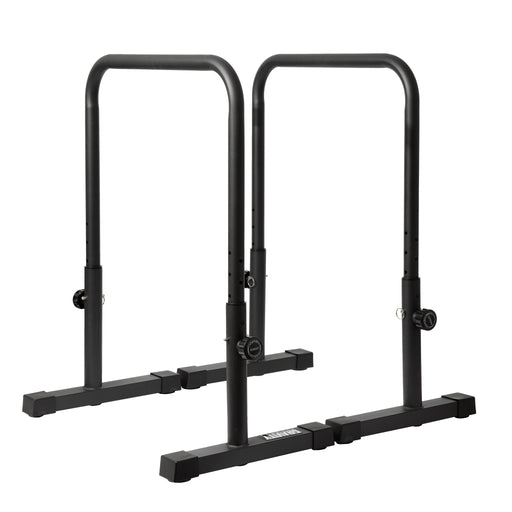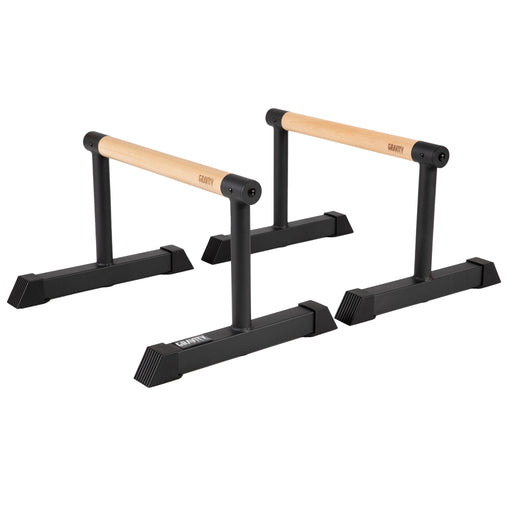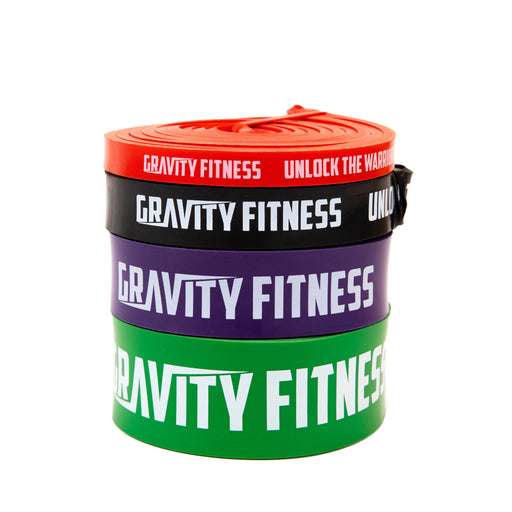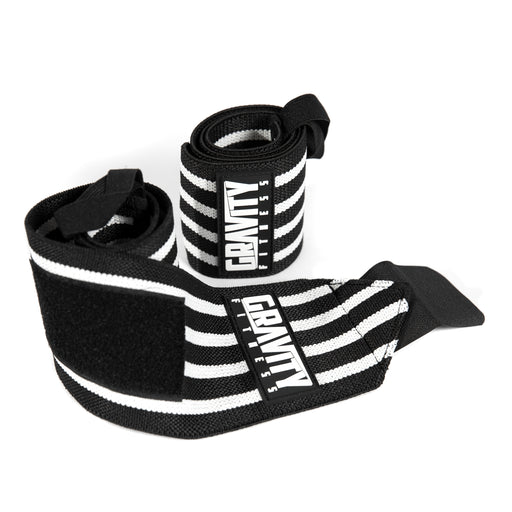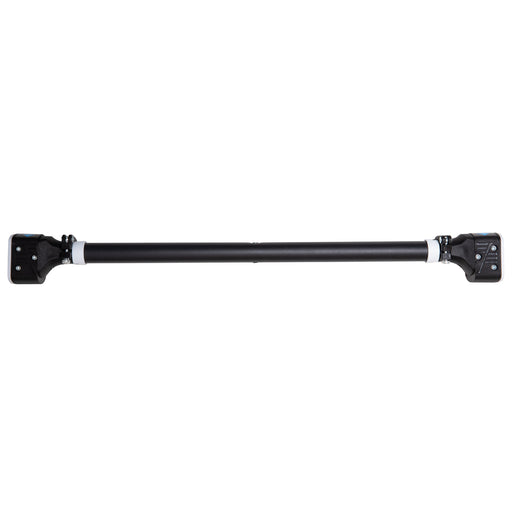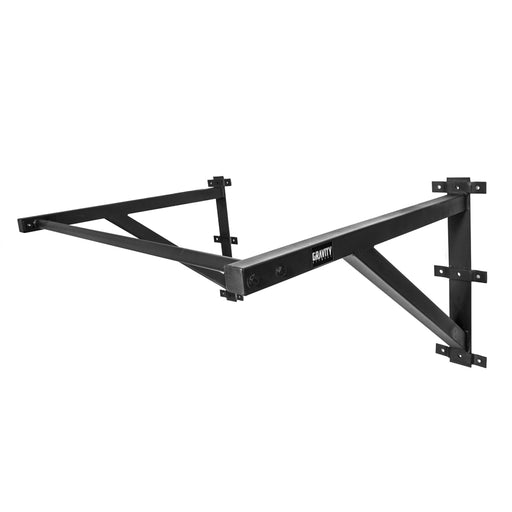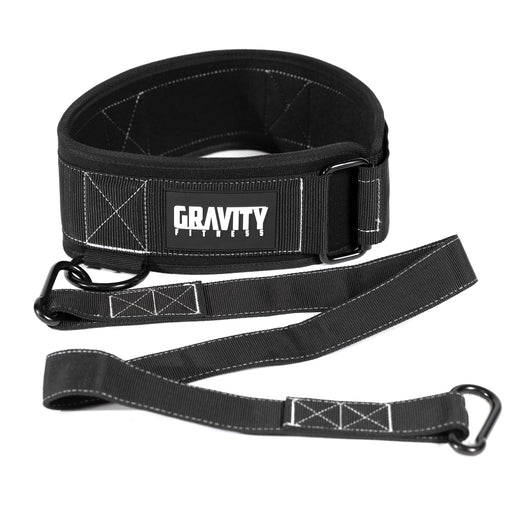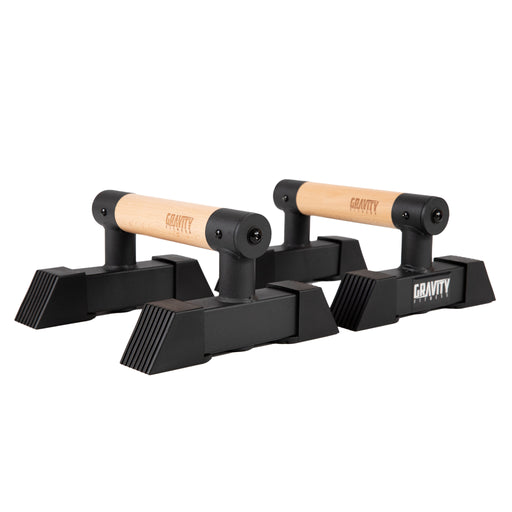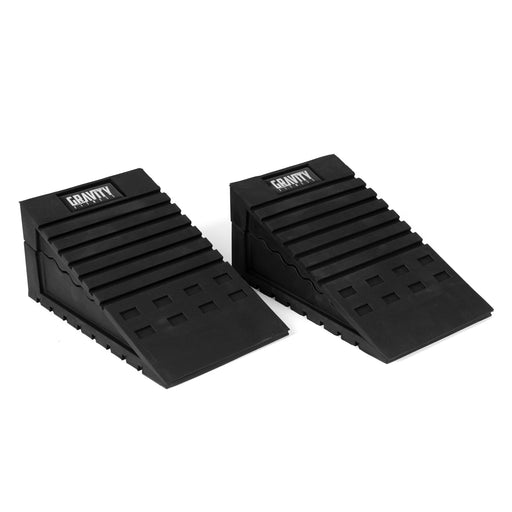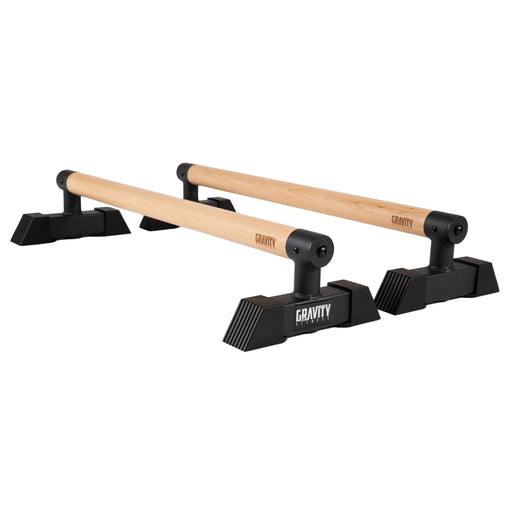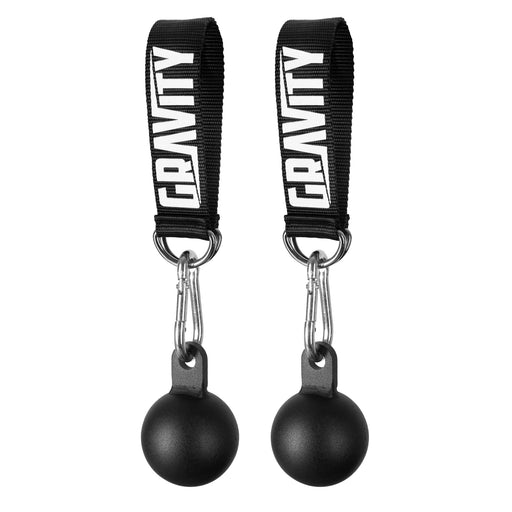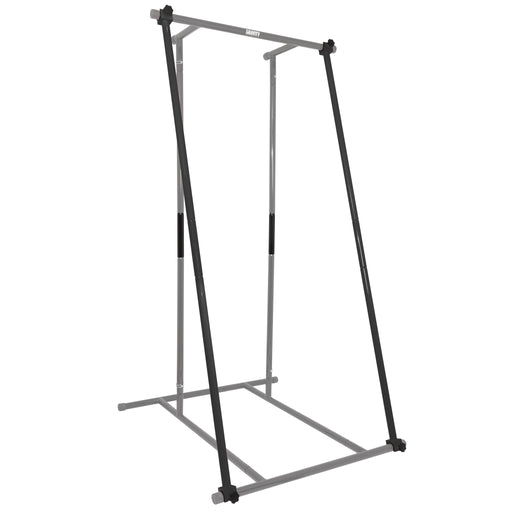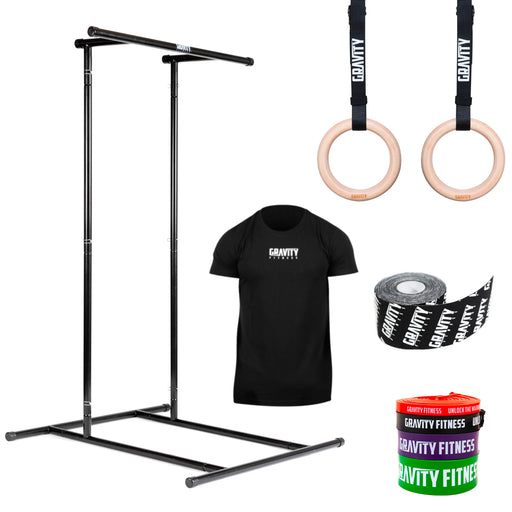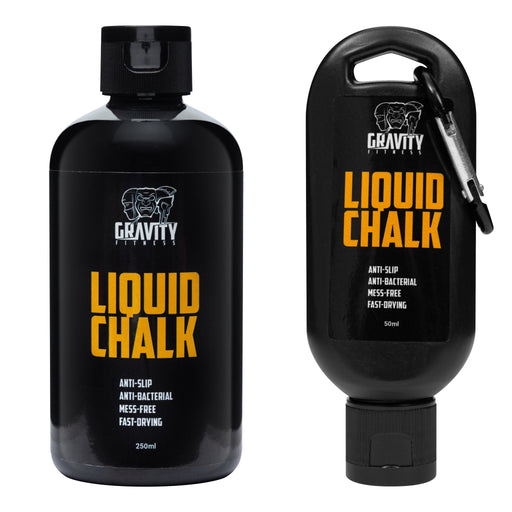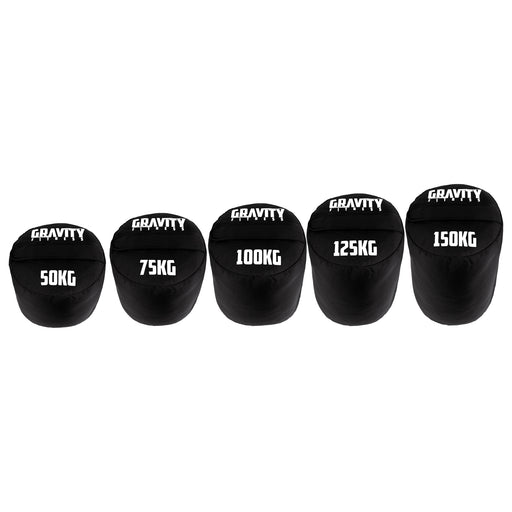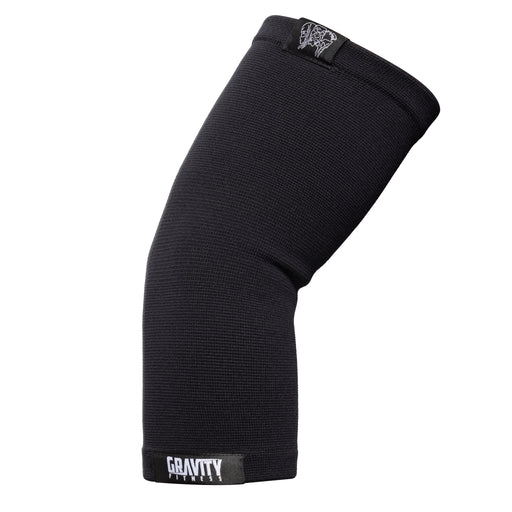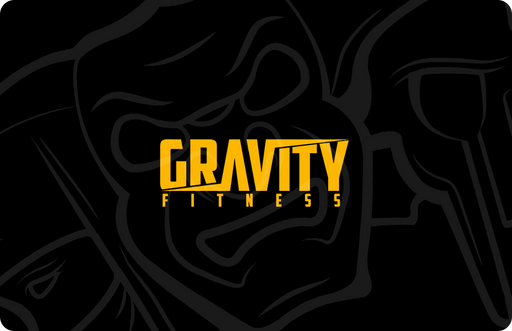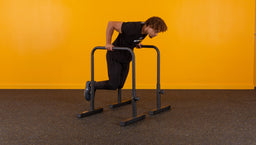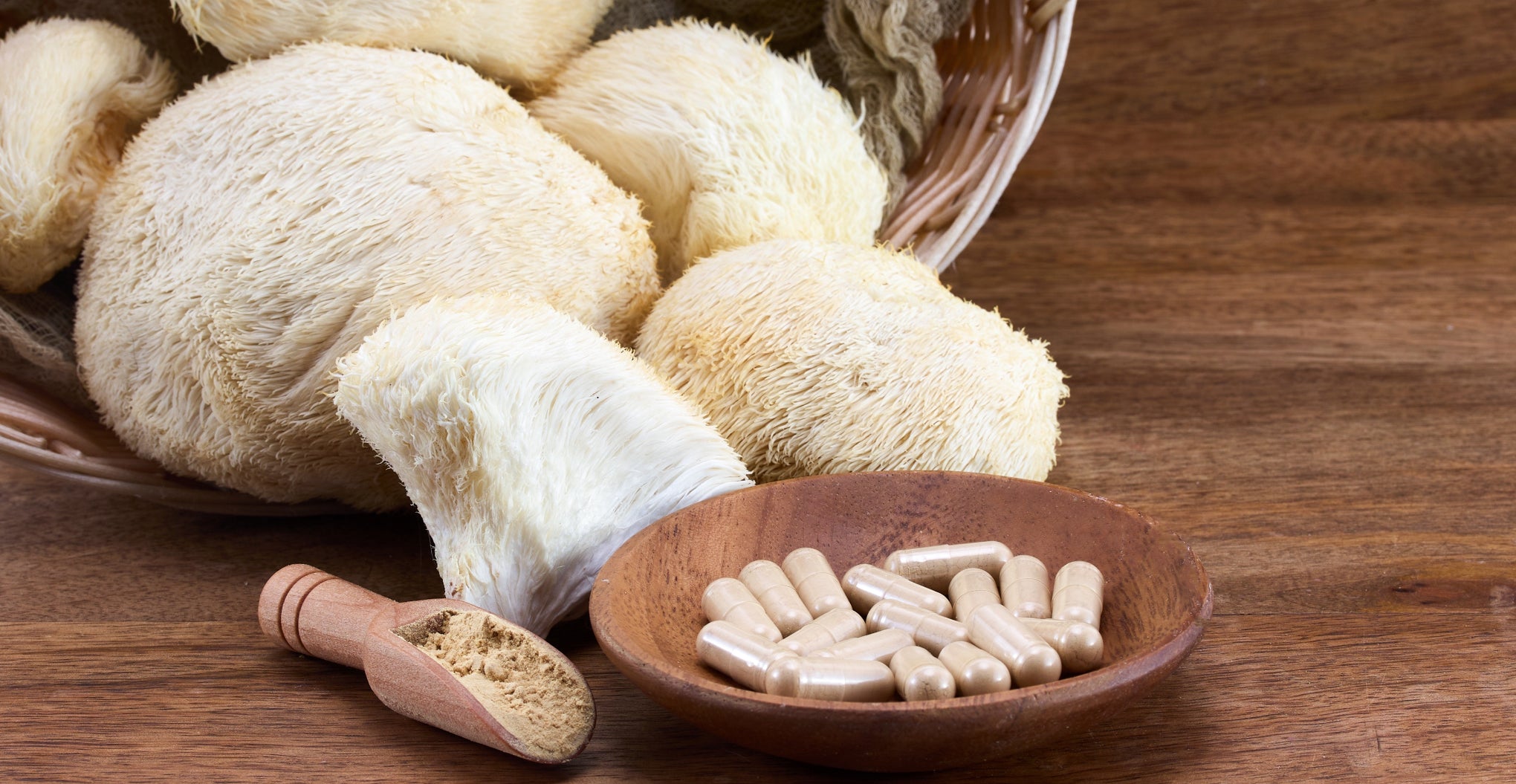
The Truth about Nootropics for Training and Recovery
Humans love a hack, and nootropics are a tempting way to optimise training, recovery, energy, and sleep. But do they work? And what does science say about nootropics?
What are nootropics?
Good question. The category of nootropics (and nootropic products) has expanded massively in the past 5 years or so. Nootropics are natural or synthetic substances that claim to enhance brain function, including focus and mental clarity. The term originally referred to so-called "smart drugs" but now covers a broad range of substances including good old caffeine.
Nootropics sound like a great way to support training performance, recovery, sleep, and energy. And there are plenty of products out there asking for your money! But it's important to understand what you're putting into your body (and what science says about it) before you part with any cash.
What are the best-known nootropics?
Some of the most popular nootropics for fitness and wellness include:
- Caffeine - the world's most widely used nootropic, derived from a plant and found in coffee, tea, pre workouts, and energy drinks. You'll already know that it can buffer tiredness, increase focus, and temporarily boost energy levels.
- L-Theanine - an amino acid found in tea that promotes relaxation without drowsiness. L-theanine is often paired with caffeine to balance any jittery side effects. Often marketed as a way to boost concentration without overstimulation.
- Bacopa Monnieri - an Ayurvedic herb that has been studied for its effects on memory and brain function. Research suggests it might improve cognitive performance and reduce anxiety (a good option for CNS recovery after training?)
- Rhodiola Rosea – an adaptogenic herb that claims to help the body adapt to stress, so it might be good for fatigue and recovery.
- Lion's Mane Mushroom – one of the best-known nootropic mushrooms, Lion's Mane is big news for its purported neuroprotective properties, including stimulating nerve growth, improving brain function, and supporting brain health.
- Creatine – much-loved for its help with strength and power output, creatine has shown significant cognitive benefits, including improved memory and support with ageing.
- Omega-3 fatty acids (EPA and DHA) - essential fats that support brain health and may improve cognitive function.
What are some new nootropics?
Nootropics are a popular category in health products, so it's no surprise that new substances are entering the chat all the time. Some newer nootropics include:
- N-Acetyl-L-Tyrosine - an amino acid that may support mental performance under stress.
- Citicoline - may support brain health and cognitive function, focus and mental energy.
- Ashwagandha - an adaptogen that may help reduce stress and anxiety (some studies suggest it can improve strength and muscle mass too).
Can using nootropics help optimise health?
The biggest claim of nootropics is enhanced brain power, but there are other ways these products could support a fitness lifestyle:
- Energy - nootropics like caffeine and L-Theanine could help you get energised for training or stay focused during sessions.
- Training - substances like creatine and beta-alanine can help training performance as well as brain power.
- Recovery - adaptogens like Rhodiola Rosea and Ashwagandha support your body's stress response, which could help improve recovery times.
- Sleep - Lion's Mane, L-Theanine, and Ashwagandha may support relaxation and improve sleep quality.
- Mood – many nootropics claim to regulate mood and reduce anxiety, helping you stay motivated and consistent with healthy habits.
Is there any science behind nootropics?
Scientific research on nootropics is varied – there's loads on things like caffeine, and hardly any on some of the newer synthetic substances. Then you need to consider what's actually in the products on sale, and in what doses.
- Caffeine is well-researched and proven to enhance mental performance, focus, and alertness. It stimulates the release of adrenaline, making it a popular pre-workout.
- L-Theanine has been shown to promote alpha brain waves (associated with relaxation) and can reduce the overstimulating effects of caffeine.
- Rhodiola Rosea and Bacopa Monnieri have promising studies about their impact on reducing fatigue, stress, and improving cognitive function, but more research is needed.
- Lion's Mane is still in the early stages of research, but initial animal studies suggest it has potential benefits for neurogenesis (the growth of new brain cells).
- Creatine has tons of research showing its benefits for strength and power output. Newer studies also indicate potential brain benefits, particularly during sleep deprivation or stress.
- Omega-3 fatty acids have been studied. Research suggests they may help with memory, mood, and overall brain health.
- Ashwagandha has shown potential for reducing stress and anxiety in several studies. Some research indicates potential for strength and muscle mass, but more data is needed.
If you're looking into the science of nootropic products or substances, make sure you access the most up-to-date research, and look for long-term human studies.
Are nootropics controversial?
Some nootropics should come with a clear warning label, because they are prescription drugs open to misuse, they’re illegal in some countries, or because there’s not enough research on safety.
These include Modafinil (developed to treat narcolepsy), Noopept (unknown long-term effects), Phenylpiracetam (banned by WADA), Sunifiram (not approved for human use in most countries) and the practice of microdosing psychedelics (illegal in most countries and has limited research on long-term effects).
When to use nootropics for training and sleep
If you’ve made the decision to use nootropics, here’s a rough guide of where they might fit in around training, recovery, and sleep.
If you need a mental or physical boost, try caffeine with L-Theanine in the morning or before training.
When life gets stressful, adaptogens like Rhodiola Rosea can be helpful after a hard training session to help with recovery.
To relax and sleep, you could try Lion’s Mane or Bacopa Monnieri before bed to enhance sleep quality.
For general brain health, consider taking Lion’s Mane regularly - early studies are promising.
Remember, nootropics could be a supportive tool for your healthy lifestyle, but they’re just a supplement. Get your nutrition, training, and recovery sorted before you add anything extra in. And always check the label!













